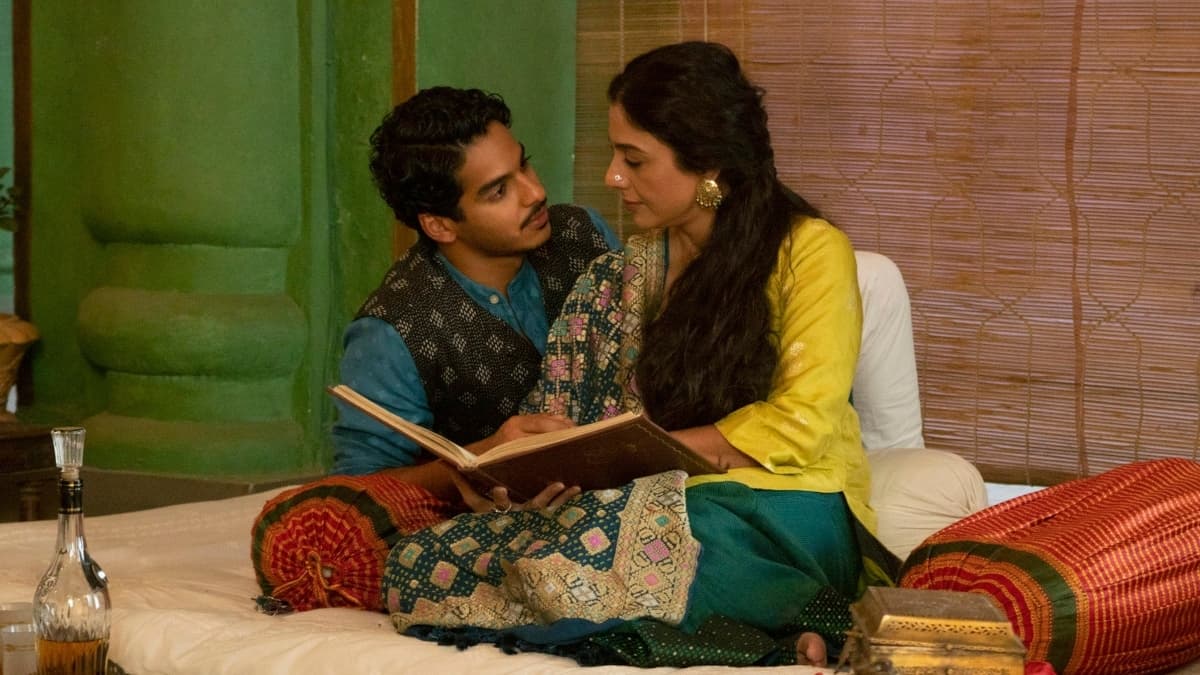Calls for boycott: Cancel culture in India
Cancel culture can be traced back to the #metoo movement in USA where many people took to social media to “cancel” or boycott celebrities and public personalities accused of sexual misconduct. In India, this trend had been emerging time and again over the years, but for entirely different reasons, most of them very subjective and impinging on creative freedom.
From #BoycottPadmaavat in 2018 to #BoycottKareenaKapoorKhan in 2021, India has witnessed several such instances in the past five years wherein movies, web series, prominent personalities were subjected to such hashtags and public backlash over something they had done or said which was considered objectionable or offensive, by a group of people, mostly on entirely flimsy grounds.
This trend reached its pinnacle in the country after the death of Bollywood actor Sushant Singh Rajput in June 2020 with prominent personalities like Karan Johar and Alia Bhatt at the receiving end for allegedly promoting nepotism in Bollywood leading to the actor’s death.
“Cancel culture is people’s way of expressing dissent or disapproval over something they find objectionable, like in any other democracy; in India as well I believe they are entitled to do so,” Manoj Srivastav, chairman, Diorama Cinemas tells Media India Group.
Cancel culture refers to the practice of withdrawing support for (cancelling) public figures, companies, movies and web series after something offensive or objectionable is found in the content or is actions of that person. While dissent and freedom of speech are the backbone of a democracy, this particular culture in India has taken a malicious turn fuelled by the precarious political climate and intolerance.
Dissent or Danger?
Over the years many movies and shows have become targets of #boycott for some dialogue or scene that a small section of the audience find objectionable. The 2020 Netflix drama A Suitable Boy faced extreme backlash over ‘hurting’ religious sentiments of Hindus just because it featured a scene where a Hindu girl kissed a Muslim boy outside a temple. Other web series like the Huma Qureshi starrer Leila was targeted for allegedly promoting “Hindu Phobia”.
The 2021Saif Ali Khan starrer political drama, Tandav had been accused of hurting religious sentiments over a scene featuring Mohd Zeeshan Ayyub’s character Shiva dressed as Lord Shiva, mouthing lines about ‘azaadi’.After a number of complaints and extreme backlash on social media, the makers released a statement apologising for unintentionally hurting people’s sentiments and agreed to snip ‘problematic’ sequences. However, the social media campaign against the series decreased the IMDB ratings to 3.5/10. While the series is still present on Amazon Prime Video, the scenes were removed.
Numerous actors and public figures, mainly women, have been subjected to not just social media backlash but rape and death threats and in some cases even leading to physical assault because of their private lives and ideologies ranging from their political opinions to even their choice of life partners.
In 2020, Deepika Padukone starrer Chhapaak, a story of an acid attack survivor faced severe backlash and was boycotted in many states not because of any objectionable content but simply because the lead actress had shown solidarity with anti-CAA protestors at the time. The actress was also subjected to rape and death threats.
Much more recently, Kareena Kapoor Khan was subjected to hate comments and threats only because she allegedly asked for INR 120 million for playing the role of Sita in the upcoming movie Ramayana. The hatemongers went to the extent of dragging her 2-year-old son into the controversy. The actress has also been subjected to brutal trolling and rape and death threats.
“She doesn’t deserve to play Mata Sita’s character at all. If any filmmaker dares to make a movie on a particular community where she belongs now then yes she can play a character we all love to watch,” tweeted a user.
While there is no dearth of trolls and hate mongers fueling such trends on social media, many people have a more rational approach when it comes to consuming content. “People have become intolerant. We saw what happened with a suitable boy, I mean what is wrong with a Hindu girl kissing a Muslim man. More often than not these trends are started just to fulfil some political agendas,” Srishti Rawal, a student from Chennai tells Media India Group.
Controversy leading to commercial success
Even though the cancel or boycott campaigns are aimed to knock down any commercial success of a movie or series, more often than not it has had the opposite effect as these controversies generate curiosity and that curiosity often transforms into success
“I don’t know what exactly do people mean by boycott and cancel culture, because even if there is a public discourse regarding any movie or web series people are still watching it, in fact it further intrigues people to see what the problem is which leads to commercial success in many cases,” says Srivastav.
Ali Fazal and Pankaj Tripathi starrer Mirzapur is such example. After the success of the first season the series was all set to launch its second season in October 2020, however due to the lead actor Ali Fazal’s anti–CAA speech many right wingers demanded to cancel the series and #BoycottMirzapur started trending on twitter. However, season 2 of the series created history by becoming the most-watched show on Amazon Prime in India within just seven days of its release.
While some say this practice is a way for people to express discourse only time is going to determine the levels of online toxicity and its social implications in the days to come.










